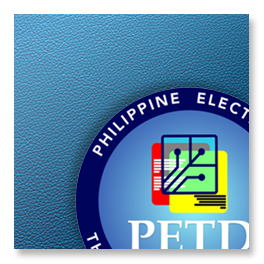Shifting Focus: The Role of Visual Literacy in the Twenty-First Century English Classroom
Abstract: Ultimately, the English language arts classroom seeks to help make students “literate†members of society. Due to the dominance of images in twenty-first century communication, the term “literate†has also slowly shifted to include an individual’s ability to effectively and accurately communicate with verbal text as well as with visual images and symbols. Although students are native image-viewers, they are not able to be image-readers without instruction and training on how to critically “read†images. Therefore, an English teacher’s literary curriculum is not strictly bound to the written and spoken word. Instruction in reading and writing written texts are vital skills for students to learn, and English curriculums must continue to teach students how to effectively communicate using verbal language. However, English language arts curriculums should adopt a more balanced approach between verbal and visual literacy skills. This thesis examines a shift that has occurred in the way that we communicate as a culture, it defends the definitions of “literacy†and “literature†to include both textual and visual language, it highlights foundational learning objectives for the English classroom, and it presents various activities that educators may use to teach visual language skills. In order to better prepare students to work, communicate, and live in a visually rich world, English language arts curriculums must include extensive instruction in both verbal and visual languages.
Related Resources
The Arctic Council has a robust history of fostering cooperation among its members on a host of environmental and scientific objectives. Yet, as the region has warmed the formerly inaccessible region has become ever easier to access, and Arctic politics are becoming of greater interest to the...
Seychellois society is characterized by its people’s belief in the sovereignty of their independent state and pride in their creole identity and culture. The source of that culture however, is sixteenth century slavery, which in Seychelles lasted well after Abolition. Because the Seychellois...
